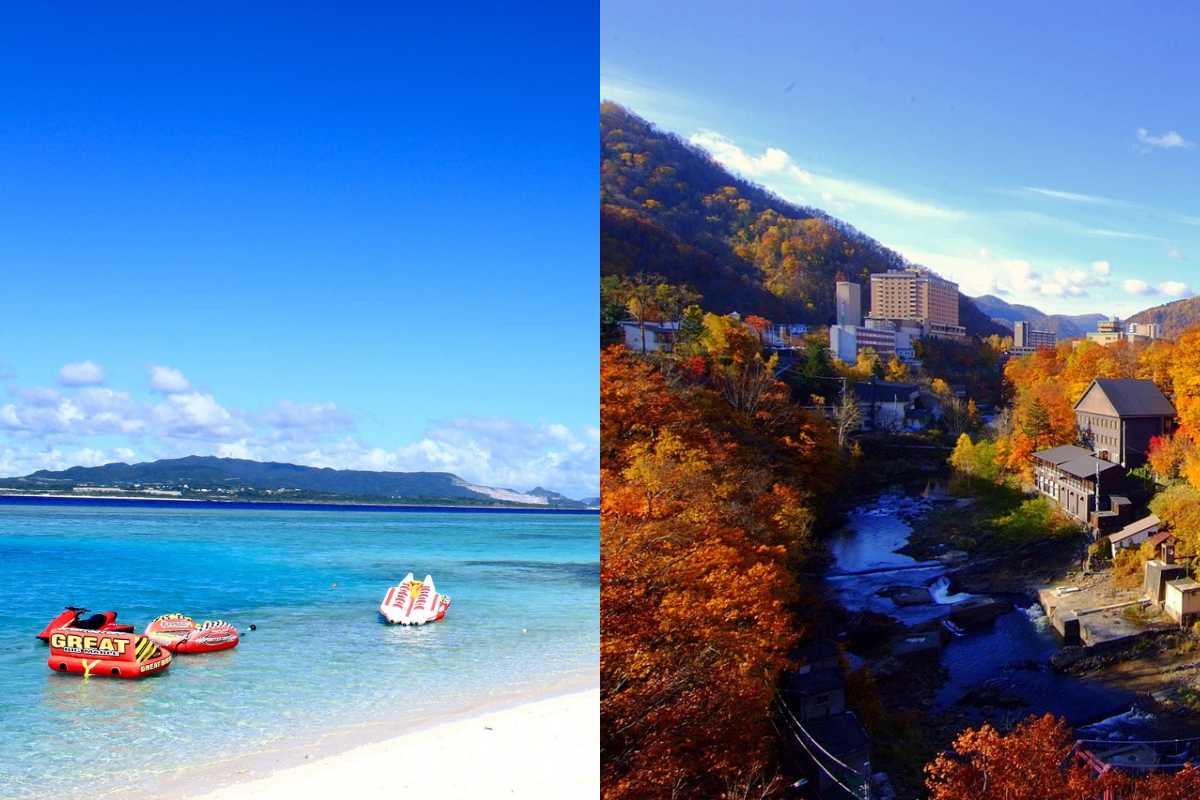I’ll admit it, Japan has always been my favourite travel destination.
Since my first time visiting Japan a school trip seven years ago, I have been frequently visiting the land of the rising sun since. I’ve been there so often, that I can’t even count the number of times I’ve travelled to Japan with one hand.
I would not say that I’m always singing praises for this beautiful country, but I do tell my friends and family that they should visit Japan if they have the time. Yet every time I bring out my recommendation, the same few responses will come up.
“It’s too expensive!”
“I can’t speak their language!”
If you’re one of them who puts off going to Japan for one of these reasons, keep on reading! But if not, keep these myth-busting replies on hand to convince your friends or family only why they should visit Japan.
1. “Japan is so expensive!”
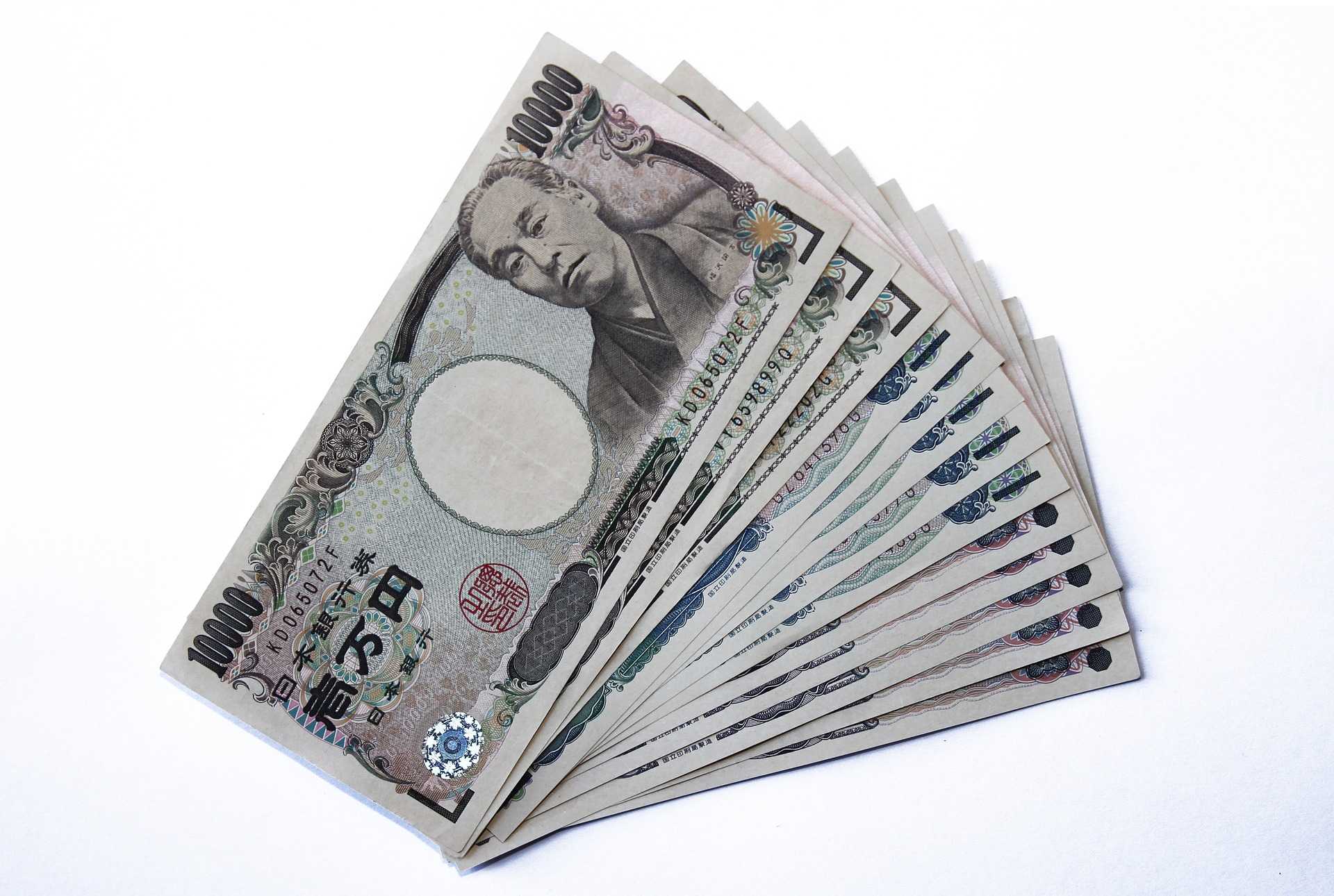
Image Credit: Jasmin777
This is probably the most common response to why people don’t visit Japan. I’m not sure about the rest of you, but I do hear this quite often among those people I know, even though we come from one of the countries with the highest spending power.
Let’s face it – some aspects of Japan are very expensive, but you can get by with less than 15000 JPY a day.
Truth: The most expensive aspect of travelling in Japan is the transport – which you can minimise your spending on!
#TripZillaTip: For starters, try not to take the shinkansen rides, with a 3-hour trip from Tokyo to Osaka costing almost 15000 JPY. There are a lot of things to do in each city; rather than hopping across different cities, devote time to truly explore each city’s many districts instead to maximise your experience and minimise your commuting costs.
If you still insist on travelling across the country, consider buying one of the many JR passes for unlimited travel. (Here’s how to maximise the JR East pass to Tohoku region, famous for its autumn scenery.) To save even more, why not take the highway bus instead? Well-informed travellers even opt to take overnight buses, so they can save on one night’s accommodation.
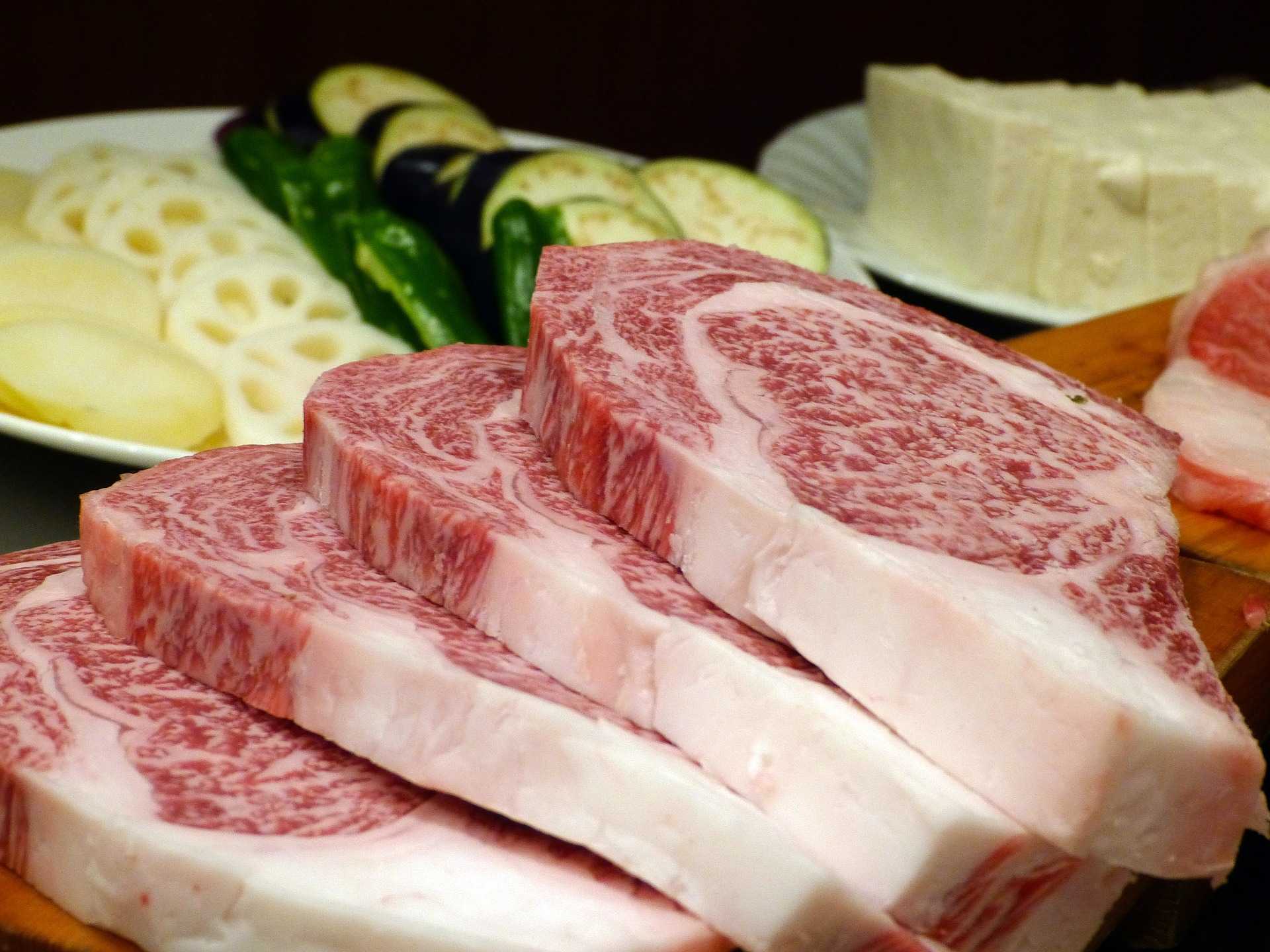
Image Credit: cegoh
Another expensive aspect of travelling in Japan is the food. Its top-tier restaurants offering wagyu meals and kaiseki cuisine can cost a ballpark figure of 10000 JPY onwards. Sashimi can also be expensive; 10 courses of raw fish might set you back 2000 JPY onwards. It’s okay to eat all these food items, as enjoying them is an experience in itself. However, try to limit yourself to one exquisite meal throughout your trip. There is so much to eat in Japan, from delicious beef bowls to stunning dessert creations, most of which you can find under 1000 JPY.
If you know where to spend your money, every place can be an affordable place, including Japan. Granted, Japan’s food and transport may be more expensive than those of its neighbours, but the free (and stunning) attractions make up for it!
2. “Cherry blossom season is the best time to visit Japan”
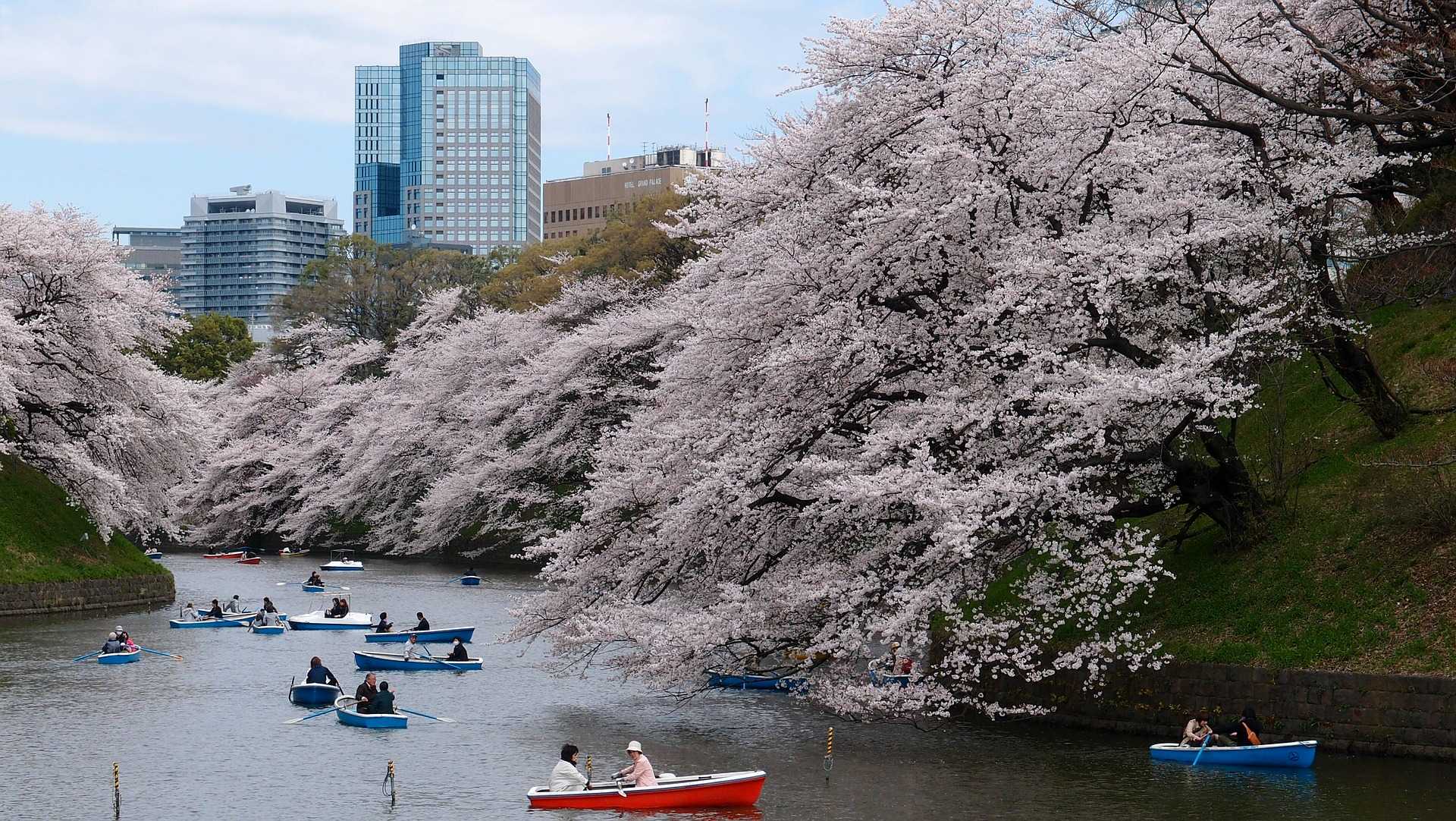
Image Credit: Pexels
Japan is known for its cherry blossom season, when the pink flowers are in full bloom and the whole country goes into full swing with its flower-viewing activities (or ‘hanami’ as the locals know it). You’ll find your social media feed becoming bombarded with photos of sakura blossoms and people posing right next to these beautiful flowers. It’s a spectacular sight to behold.
Truth: However, there are other seasons in Japan besides spring, as each season offers a different specialty that is worth a visit. Did you know that the viewing of autumn leaves is also a popular local culture?
Summer is festival season, as beaches around Japan finally become open to the public to enjoy surfing or suntanning. At night, locals don their yukata (traditional wear) and head to the nearby temple for a night of festival fun and fireworks. The season culminates in Obon, the festival of the dead and also the largest festival in Japan.
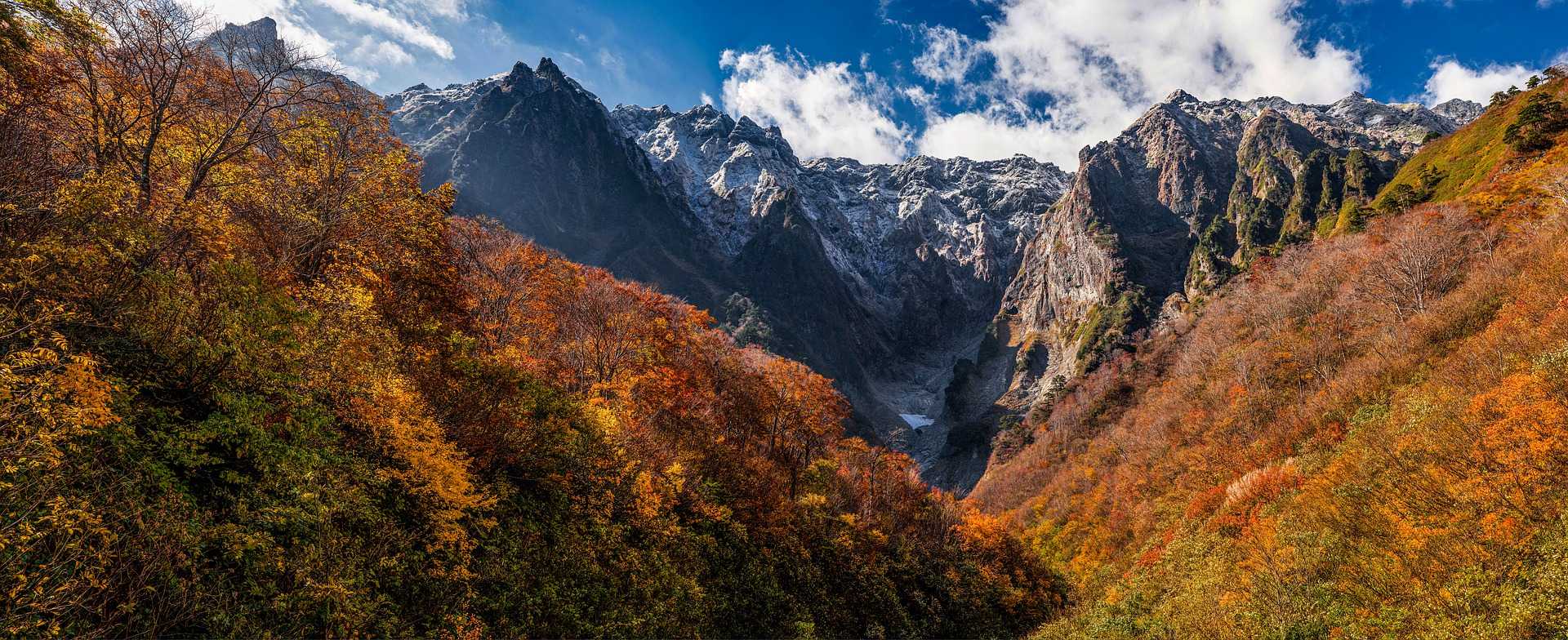
Image Credit: Kanenori
You know it’s autumn when the leaves start changing their colour and the scenery turns into stunning shades of red and yellow. The viewing of autumn leaves in Japan is just as popular as cherry blossom season, as people head out to explore all over Japan for the best autumn viewing spots.
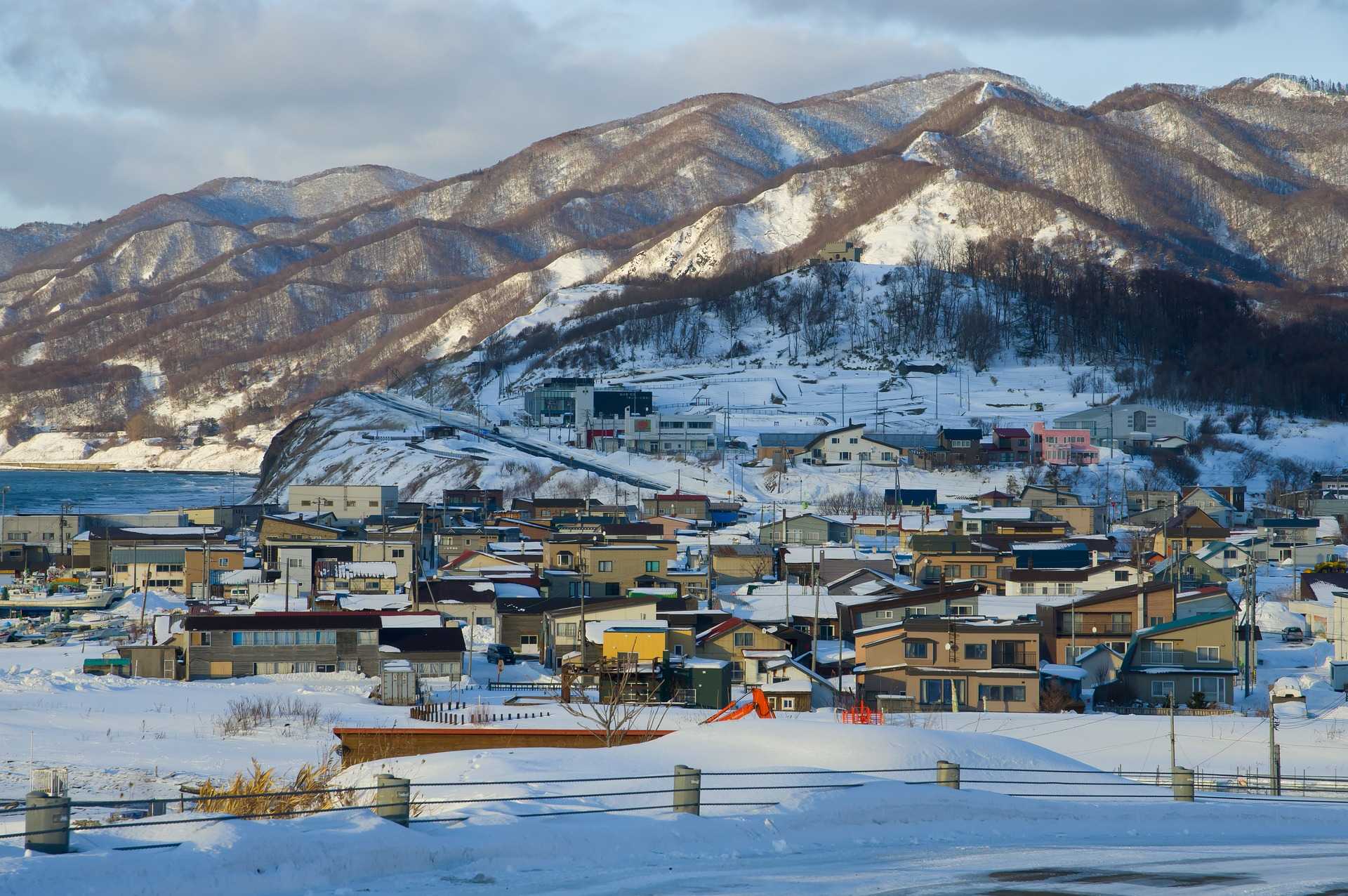
Image Credit: jackmac34
In Japan, winter is when ski grounds are fully open, as locals head to one of the many ski resorts in Japan’s mountainous regions. A perfect winter weekend would be enjoying skiing and snowboarding in the day, before having a relaxing bath in the onsen at night. In fact, onsen baths are even more therapeutic during the winter as your chilly body gets warmed up with hot spring water. Find out more things to do during winter season in Japan.
Just like every country not on the equator, Japan experience four seasons throughout the year. Each season has its own beauty, so why not give yourself the opportunity to experience Japan in four seasons?
3. “I’ve already been to Tokyo, Osaka and Kyoto”
There are a few places that will always end up on everybody’s Japan travel itinerary: i.e. Tokyo, Osaka or Kyoto. Most international flights typically land in either Tokyo or Osaka, so travellers spend most of their time touring these cities and taking day trips to nearby towns.
Truth: However, there is more to Japan than its bigger cities.
Fact: Japan is made up of a massive island bordered by other islands. Besides the usual suspects of Hiroshima and Sapporo, consider going south to Fukuoka or Okinawa Island. Japan’s long geography and well-connected air routes means that you could relax at a beach in Okinawa today and see the autumn leaves in Hokkaido on the next.
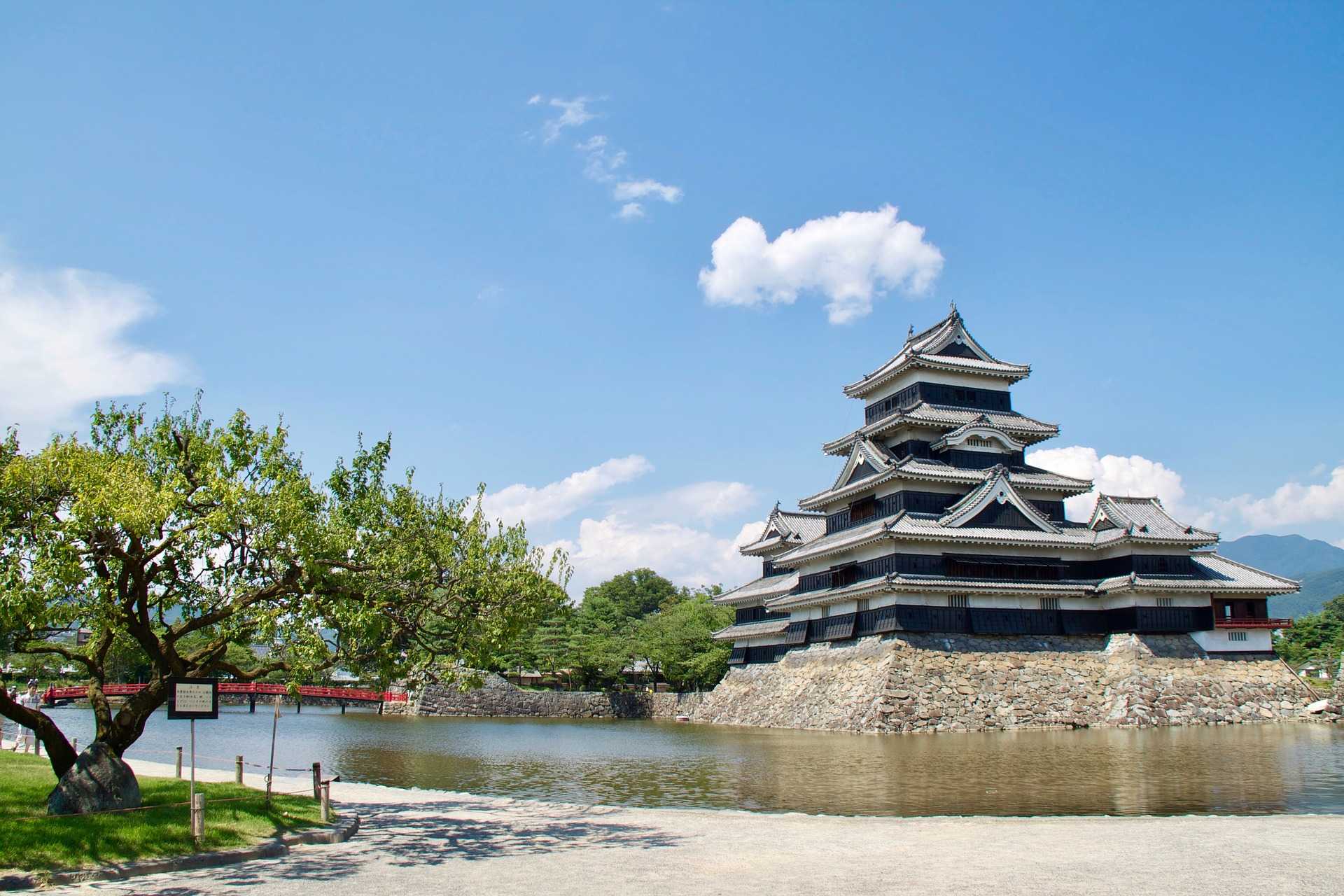
Image Credit: Max Pixel
4. “What else is there to eat besides sushi and ramen?”
Rice and noodles are staples of Japanese cuisine, so the most common food items you will find anywhere in Japan will be sushi and ramen. In fact, the most popular Japanese food stores found in many countries are either conveyor-style sushi shops or ramen chain stores.
Truth: Japan is more than just rice and noodles. It’s home to a stunning array of premium meat and fresh seafood, all served in many different ways.
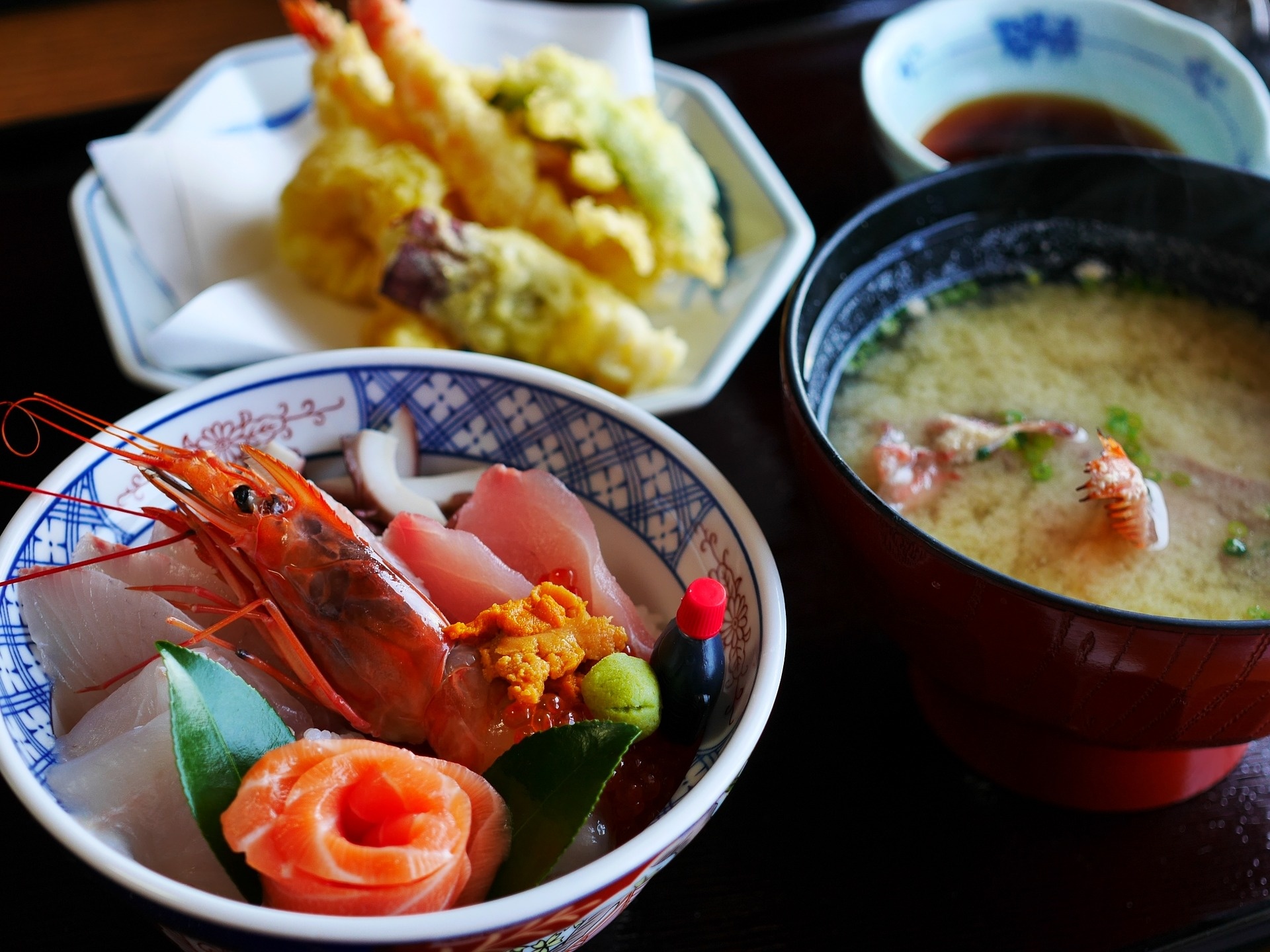
Image Credit: naturalogy
Have your seafood sliced into pieces of sashimi, or have it deep fried in batter and served as tempura. In fact, there are so many places where you can try out some local delicacies that aren’t raw fish or noodle soup: here is a list of 23 food items that are unique to Japan itself.
5. “There are a lot of Japanese customs I’d have to follow.”
Once you step foot into Japan, there might be some aspects of the Japanese culture that you might not be familiar with. Most Asians will know that they need to take off their shoes before entering a house or tatami room. However, did you know there are actually steps to visiting a shrine (or even how to tell the difference between a shrine and a temple)? Did you also know that you should slurp your noodles? (The louder the slurp, the more delicious the noodles are.)
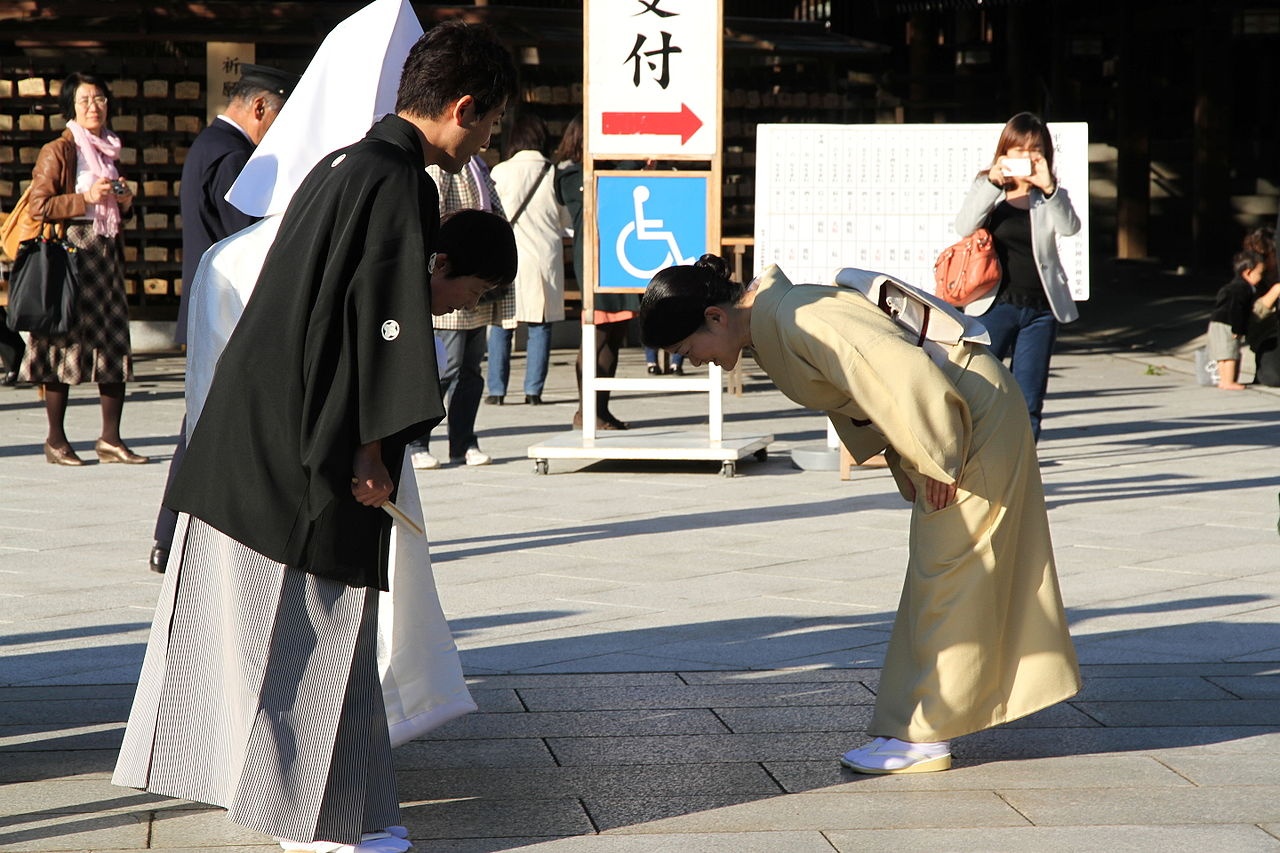
Image Credit: Wikimedia Commons
There are some things that cannot be taught in a textbook, and culture is one of them. Foreigners can play the gaijin card so that they will not be shamed for committing any cultural faux pas, but it pays to learn a bit or two about the country that you are planning to visit. Local customs should not deter you from visiting a country, all you can do is to embrace the mistakes that you make along the way.
6. “It’s hard to go around without knowing Japanese”
As with many other non-native English speaking countries, most of Japan’s citizens do not know a lot of English to engage in proper conversation. Besides being unable to speak good English, the Japanese also have a different writing script. (Actually, make it three: hiragana, katakana and kanji.) Because of its complicated writing and speech systems, most travellers have problems when everything is in written or spoken Japanese (which gets very fast even for native speakers).
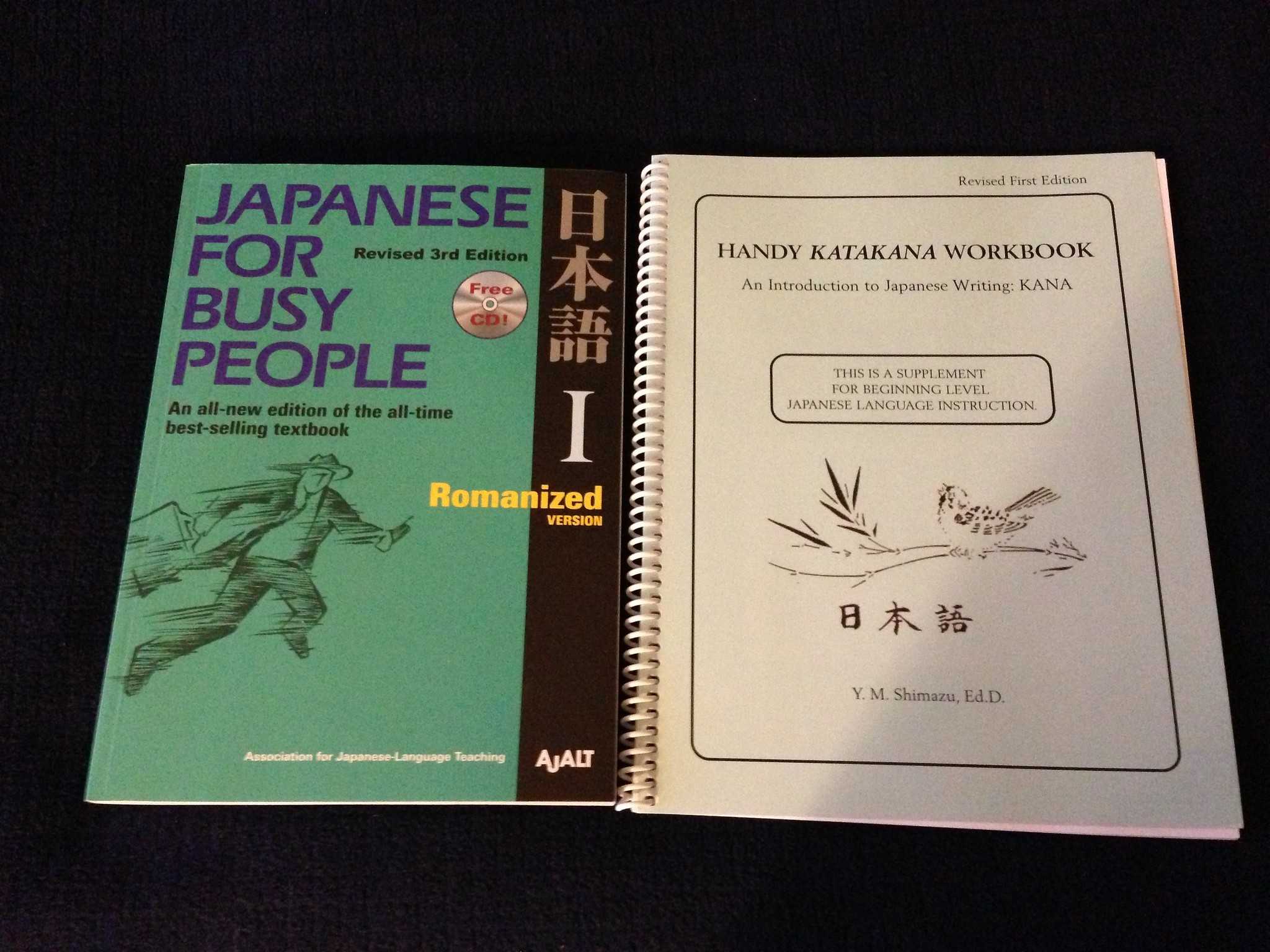
Image Credit: lawtonjm
#TripZillaTip: Why not learn some Japanese before you head to Japan? The locals really appreciate people speaking their native language; once I managed to get free breakfast just by conversing in Japanese with the hotel concierge!
Granted, you may not (and should not expect to) get anything out of it, but making the effort to learn the local language shows a form of respect, which goes a long way especially in a country that is all about respect.
See You in Japan?
Whatever questions you have about Japan (or any other place you want to travel to), there will always be an answer out there. With so much information at your fingertips, there should be no more excuses on why you do not want to visit Japan. To start you off, here are some articles you can read about Japan to prepare yourself.
Now, for your next trip, why not head to the land of the rising sun?
